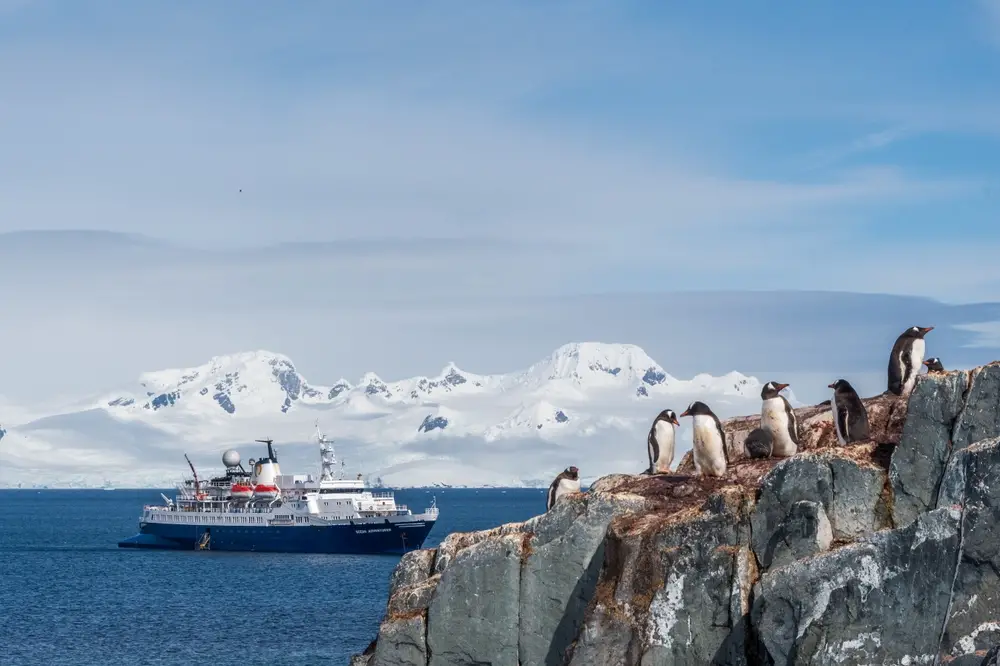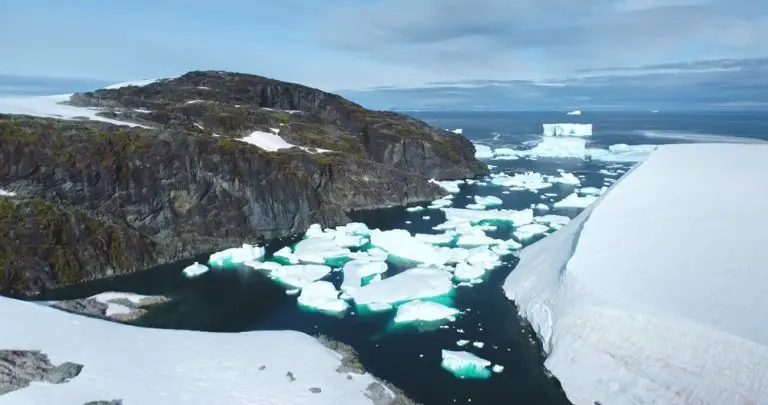Scientists are expressing serious concerns over the rapid “greening” of the Antarctic Peninsula, as vegetation growth in the region has expanded tenfold in the past 40 years due to climate change. Researchers from the University of Exeter and the British Antarctic Survey used satellite imagery to document this dramatic rise, noting that the amount of plant life grew from less than one square kilometer in 1986 to 12 square kilometers in 2021. These findings highlight how the region, typically dominated by snow and ice, is seeing unprecedented changes due to warming temperatures.
Dr. Thomas Roland from the University of Exeter stated that this rapid vegetation growth is a clear indicator of the Antarctic Peninsula’s sensitivity to climate change. He emphasized the potential for “fundamental changes” to the region’s biology and landscape, stressing the importance of understanding the causes behind these shifts. The spread of plant life could pave the way for soil formation, potentially allowing other species to take root and further altering the ecosystem.

Scientists are also concerned about the introduction of non-native species, possibly brought over by eco-tourists and researchers, which could further disrupt the fragile environment. Dr. Olly Bartlett from the University of Hertfordshire warned that as the climate continues to warm, the extent of this “greening” is expected to increase. The growth of mosses and other plants, typically found in extreme conditions, suggests even remote areas like Antarctica are being heavily affected by human-induced climate change.
The research, published in Nature Geoscience, serves as a stark reminder of how even the most isolated and extreme environments are not immune to climate change. Researchers are calling for further studies to determine the full environmental and climatic impacts of these changes, especially as the Antarctic Peninsula could see irreversible transformations in the near future.




